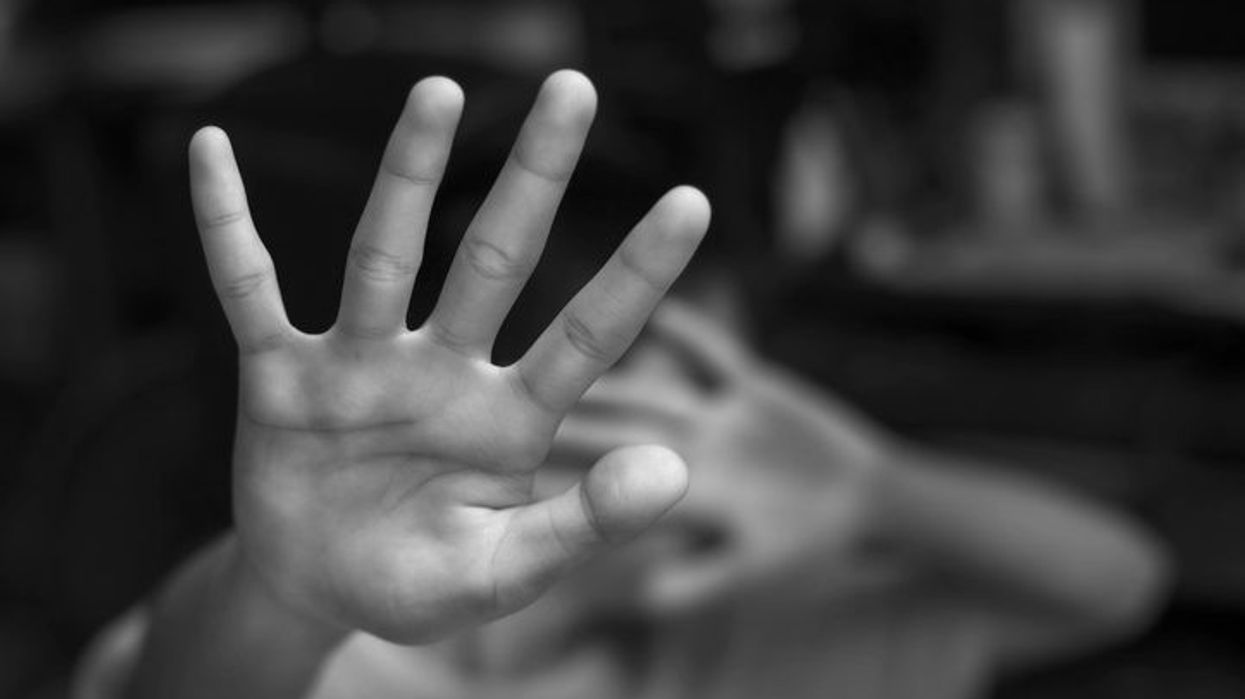The family of a student police officer, who committed suicide earlier this month, an independent investigation from the police watchdog as they claimed that he faced discrimination, bullying and a lack of support, The Guardian reported.
Anugrah Abraham, 21, known as Anu, went missing on 3 March. The family were informed that he had taken his own life after the body was found the next day.
Anu was on a placement with West Yorkshire police as part of his three-year apprenticeship degree at Leeds Trinity University.
Now, the family want the Independent Office for Police Conduct (IOPC) to investigate West Yorkshire police.
They allege that he faced discrimination during his first on-the-ground placement at Halifax police station.
According to the family, he was shouted at in front of colleagues on many occasions and sent out to deal with difficult cases on his own, including incidents of domestic abuse.
His family claimed that he forced to carry out a full body search of a corpse found in a river despite him vomiting seeing the body.
They claimed he faced racist abuse from the public while on the beat, including being addressed as 'Abdul' and spat at.
When Anu complained to his line manager about all these, he was put on a management plan in response.
According to the family, the treatment of Greater Manchester police, who were in charge of the case, was 'appalling'.
The family said that when his car was found near woodlands on 3 March police did not search the area, and also the police refused to send a helicopter out to search for him.
They added that they were not allowed to see his body for three days.
"Anu was 'the victim of a lack of duty of care' by the police force, which failed across the board to nurture and support a young trainee police officer," the family said in a statement.
Now, the family were told the matter would be subject to a local investigation conducted by the force’s professional standards department.
The family are being supported by Kids of Colour and the Northern Police Monitoring Project.
A spokesperson for West Yorkshire police said: “We take allegations of bullying and discrimination within the workforce very seriously. The force has referred itself to the IOPC, which deemed it appropriate that a local investigation was undertaken.”
DCI Dave Jones, of Greater Manchester police’s professional standards branch, said that the IOPC review concluded that GMP had not caused or contributed to Anugrah’s death.





